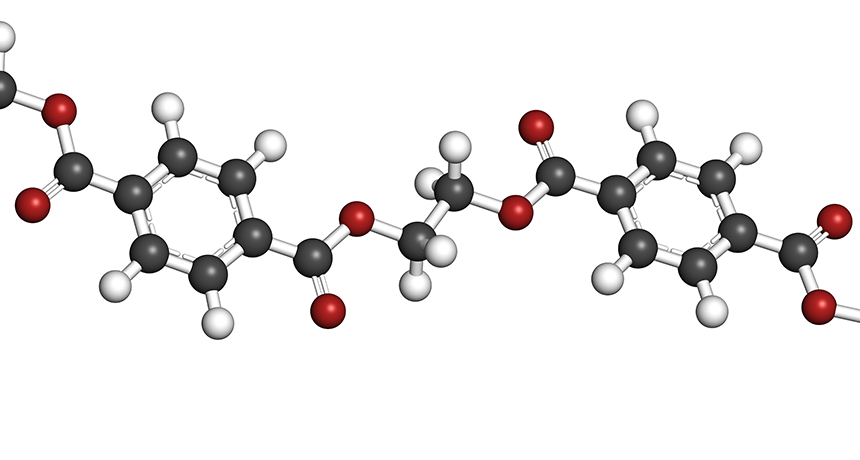Exploring the Varied Applications and Advantages of Polymers in Different Industries
Polymers, with their varied series of properties and capabilities, have actually ended up being essential in different markets, each enjoying distinct benefits from their application. Polymers. From enhancing safety and security and efficiency in the auto market to changing clinical gadgets in the health care industry, polymers play a critical role. Moreover, their environment-friendly nature is altering the landscape of sustainability techniques. As we look into the depths of polymers in electronic devices, we discover sophisticated innovations, while their architectural integrity transforms the realm of building and construction and framework. The pervasive influence of polymers throughout markets is a testament to their convenience and flexibility, forming the future of numerous sectors.
Automotive Market Applications
Polymers play a crucial role in boosting the performance and longevity of different parts within the automobile field. These flexible products are thoroughly utilized in the manufacturing of various components, ranging from indoor components to under-the-hood applications. One famous use polymers in the automobile market remains in the production of light-weight components. By replacing typical metal get rid of polymer-based options, vehicles can attain enhanced gas effectiveness without compromising on strength or security.

Healthcare Sector Benefits
In various medical care applications, the benefits of utilizing polymers are widely recognized for their diverse series of useful residential or commercial properties. Polymers play a critical duty in the healthcare industry as a result of their adaptability, biocompatibility, and cost-effectiveness. Among the main benefits of polymers in healthcare is their ability to be customized to specific demands, such as adaptability, resilience, and biodegradability, making them optimal for a broad variety of medical applications.
Polymer-based products are thoroughly made use of in clinical devices, such as catheters, implants, prosthetics, and drug delivery systems, as a result of their biocompatibility and capacity to mimic natural tissues. These products can minimize the danger of allergic responses or beings rejected, boosting person safety and security and results. Furthermore, polymers are lightweight, making them ideal for wearable clinical tools and making sure client comfort.
Additionally, polymers enable the advancement of innovative therapy techniques, such as hydrogels for cells engineering and nanocomposites for targeted medicine shipment. Their convenience of processing and sanitation makes them important for keeping high standards of health in healthcare setups. Overall, the varied advantages of polymers add considerably to improvements in clinical innovation and individual treatment.
Environmental Advantages of Polymers

Additionally, polymers can contribute to energy cost savings due to their light-weight nature. In industries such as transportation, lightweight polymer materials can help decrease fuel consumption and greenhouse gas exhausts. In addition, polymers can allow the advancement of energy-efficient products such as insulation materials that enhance power conservation in buildings.
Furthermore, polymers play an essential duty his explanation in reducing water contamination. For instance, the usage of polymer-based filtering systems can successfully get rid of pollutants and pollutants from wastewater, guarding water sources and ecological communities. In general, the environmental advantages of polymers make them beneficial properties in advertising sustainability and green practices across various sectors.
Polymers in Electronics and Technology
Considering the raising need for cutting-edge and lasting remedies in contemporary markets, the assimilation of advanced polymer modern technologies in the realm of electronic devices and modern technology has actually arised as an essential method for driving efficiency and efficiency. Polymers have actually transformed the electronic devices market by enabling the manufacturing of lighter, much more flexible, and durable digital devices. From smart devices to medical tools, polymers play a crucial function in boosting item design and performance.
One substantial benefit of polymers in electronics is their protecting homes, which help secure delicate electronic parts from environmental aspects and electric interference. Additionally, polymers are necessary in the development of versatile display screens, wearable innovation, and published electronic devices, supplying unlimited opportunities for creating smart and go to this site interconnected gadgets.
Furthermore, the use of polymers in digital packaging has actually led to innovations in miniaturization and thermal management, enhancing the total performance and dependability of digital systems. As technology continues to progress, the convenience and adaptability of polymers will definitely drive even more technology in the electronics industry, shaping the future of technology.
Role of Polymers in Building and Framework
Polymers provide countless advantages in the building industry due to their versatility, sturdiness, and cost-effectiveness. One essential duty of polymers in construction is their usage in finishes and sealers, supplying security versus ecological elements such as moisture, UV radiation, and corrosion.
Moreover, polymers play a crucial duty in sustainable construction methods by enabling the development of energy-efficient structures. Protecting materials made from polymers assist regulate interior temperatures, minimizing the demand for home heating and cooling systems and inevitably reducing power usage. The use of polymer-based composites in framework projects such as bridges and roadways boosts their longevity and minimizes upkeep costs. Generally, the unification of polymers in construction and facilities displays their significant effect on modern-day engineering methods.
Final Thought
In final thought, polymers play an important role in various markets such as vehicle, medical care, environmental, electronics, my site and construction. Their flexible residential or commercial properties make them important in producing ingenious options and items. From enhancing fuel effectiveness in automobiles to improving clinical tools, polymers use many benefits. Furthermore, their influence on reducing waste and advertising sustainability highlights their relevance in modern-day applications. The prevalent usage of polymers demonstrates their substantial payment to advancing technology and improving lifestyle.